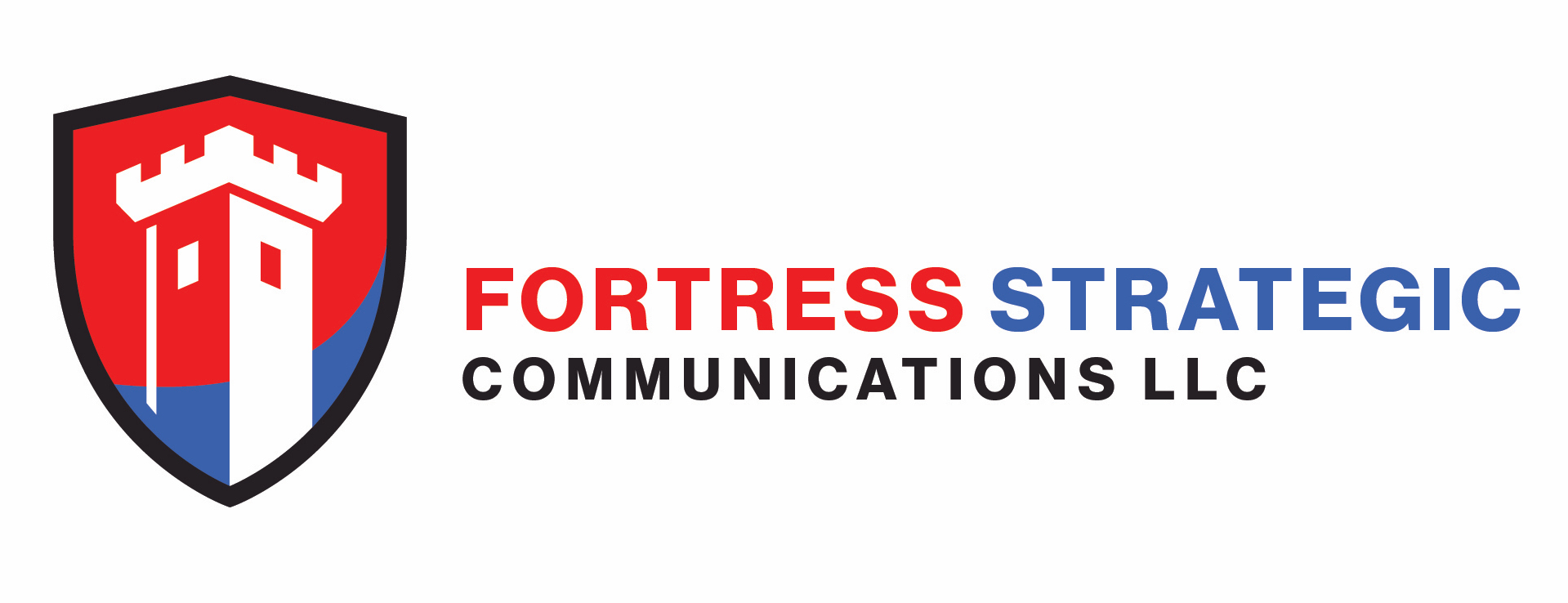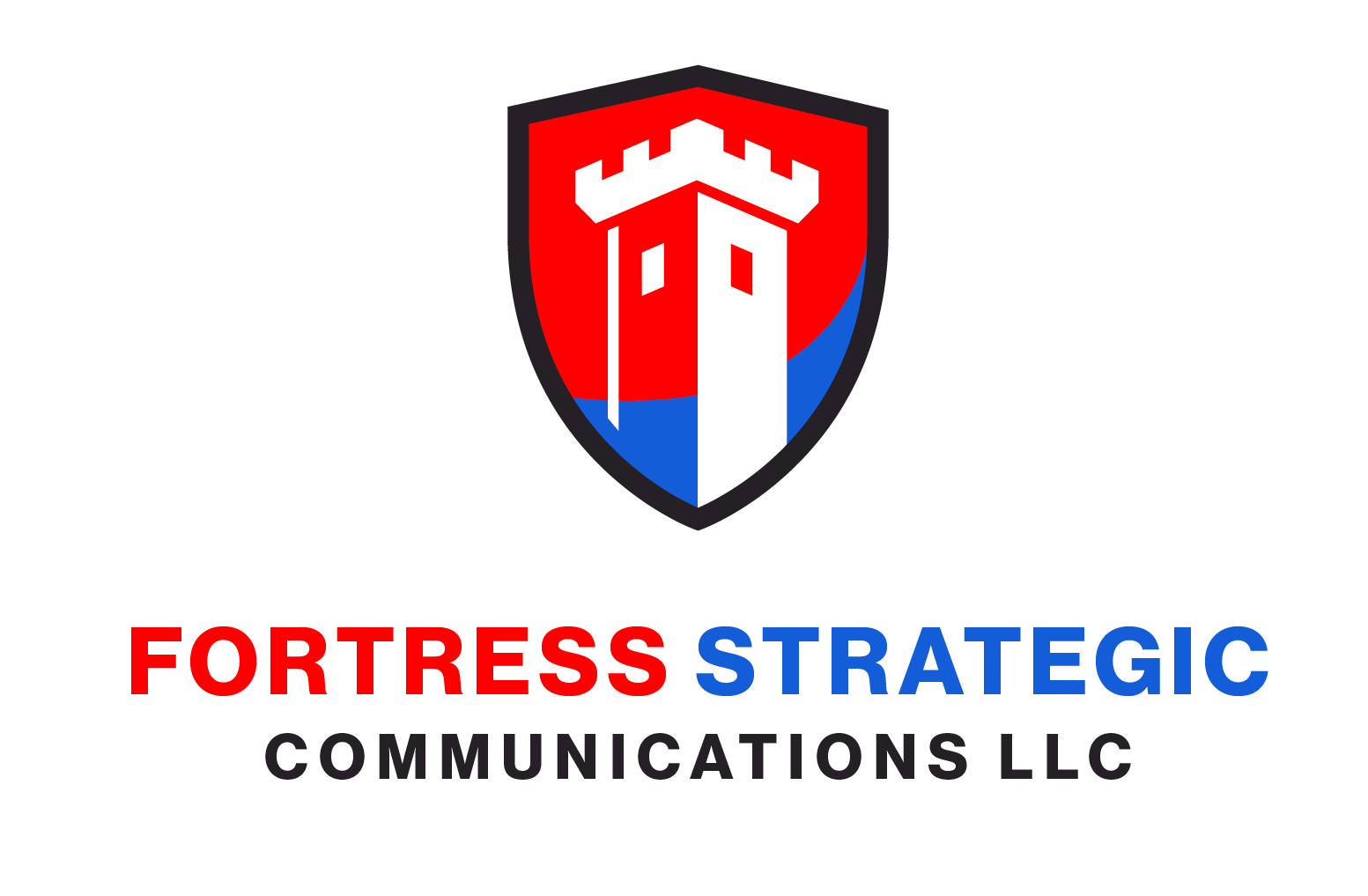
Help? …… Who Needs Your Help!
Starting and building a small business is not for the fainthearted! Many entrepreneurs start their business with hope, a great service or solution, some planning, and then they watch brokenhearted as their hopes become a nightmare as their business crashes and burns only to become another statistic in the graveyard of broken dreams. Many businesses turn to experts for help and advice. Many do not – to their peril and loss.
For all businesses there is a plethora of help available from specialized public relations, design, technology, financial and business companies, among many others. Why do some opt to go it alone even while they are drifting into the vortex of a whirlpool?
Think I am being melodramatic? Let’s start by looking at the statistics which speak for themselves.
Failory, the #1 community for startup founders and entrepreneurs to learn from failure mistakes, and success reports that 90% of all startup businesses fail. According to the Business Employment Dynamics report from the Bureau of Labor, 2 out of 10 new businesses fail in the first year of operations, 30% fail in the 2nd year, by the 5th year, 50% will fail, and if they reach their 10th year, 70% will fail.
Along comes Covid-19. In May of this year, the Society for Human Resource Management warned that as a result of the pandemic, “the state of small business could go from bad to worse, as 52 percent expect to be out of business within six months.”
Other than dealing with a pandemic and the related global economic decline, what is behind all of these crashes, burns and closures of small businesses and startups?
On the startup front there are at least 20 reasons, all explained by CB Insights. The top eight factors contributing to startup failure are market need, cash insufficiency, ineffective team, superior competition, pricing/cost issues, poor product and need for/lack of business model and the eighth factor is poor marketing (see this article we wrote The Eighth Reason Why Startups Fail – why Mark Cuban was wrong and Barbra Corcoran was right). Failory also reports that 22% of startups fail because of “marketing problems.”
Investopedia lists the top four reasons why small businesses fail. These include financial challenges, inadequate management, ineffective business planning and “poorly planned or executed marketing campaigns, or a lack of adequate marketing and publicity, are among the other issues that drag down small businesses.”
So, with such a high failure rate and the knowledge that there are experts with excellent vertical market and strategic knowledge, why are more small businesses not asking expert consultants and businesses for help?
Answer: A bad experience, a bad burn and poor understanding! In my global experience, I have come across four reasons why companies are hesitant to hire PR consultants. The reasons are: some companies say they have had a horrific experience with PR consultancies because what they were promised and what was delivered were two different things. Second, many companies paid a significant amount of money and did not receive fair value; third, not all companies actually understand what PR is, “how it works” and what it should deliver. Finally, many companies believe that they either have all the skills in house already, or that their inhouse resources ‘’deliver just fine.
Tal Paperin, VP of Business Development at KSW Solutions, a global specialized sales and marketing consultancy, offers two reasons why small businesses are hesitant to take outside help for their crucial sales and business development functions. He says many companies do not trust an ‘outsider’ and prefer to work with a team member ‘in-house’ who is immersed in their company and someone that they can stand ‘shoulder-to-shoulder’ with when dealing with collaborative efforts and threatening issues. He also identifies fear as a factor. Companies may feel that by outsourcing sales, business development, and other functions or projects to another company, they may be admitting that they cannot do it themselves.
On the contrary, there is significant benefit in working with an external consultant or partner, provided they have the industry expertise that you need. The fact that they have the necessary vertical knowledge means a client will be getting access to subject matter experts who are ‘up to speed,’ require less training than new team members and, as Paperin mentions, “will not be wasting” their client’s time.
PR consultancies’ value comes through in their ability to consult, understand their client’s business and the market space they play in, and their ability to design and execute tactics that are strategy-based and add value to the client’s business.
Most importantly is the consultant’s ability to provide objective advice and opinion. Paperin feels that internally employees are less likely to rock the boat and disagree with the boss’ ideas because “they don’t want to get demoted or fired. I have no problem saying an idea is stupid – they are bringing me in because they want to hear what I have to say.”
My experience dovetails with this for the most part. Clients have received the service we were hired for, results were delivered, and the client is happy and rehires us. Then there are the exceptions! In the past when I have given advice or have been part of a team working on a large project, the client sometimes ‘listens’ to advice but does not ‘hear’ the advice being provided and tells the external PR team to implement what they want. It is at this stage that it becomes clear that we were hired not for our consultative advice, but simply to tactically implement what the client wants. When things go pear-shaped, the PR consultancy is blamed and is the scapegoat because the client did not receive what ‘they thought they should have.’
Partnering with the right external consultant is also a more cost-effective approach. Companies are only responsible for payment for a set period of time. If the consultant delivers value, the contract can be renewed or extended. If value is nonexistent then the relationship can be terminated or not renewed. Obviously, there are many inhouse employees worth their weight in gold, that deliver results and add value, but the cost factor can be challenging. Generally, employees are more expensive than consultants because employees require a salary, benefits, equipment, time off, ongoing training, utilize utilities, and in cases of non-performance, may need to have their position terminated and possibly incur legal expenses.
Paperin feels that two of the barriers that external consultants have to break through is the misconception that ‘consultants charge a lot’ and ‘don’t work that hard’ – despite there being an employee in the next cubicle at the client’s office “actively engaging with friends on Facebook while they should be working.” He states enthusiastically, “We work twice as hard to show our transparency and productivity.” PR is no different.
Once the barrier is broken and the external consultants are onboard, what happens?
Obviously, there is a short amount of ‘settling in’ on both the client and consultant’s side, but its going to hopefully be a rapid transition to ‘business.’ Paperin’s experience has shown him that, “customers quickly realize that their preconceived notions of which markets to enter or which types of leads will be the most likely to convert are simply wrong.”
In my experience, there is sometimes ‘resistance’ from some people on the client’s side who may either feel threatened or resentful of a new PR consultancy. However, when results do start coming through and the PR company does prove their worth, there is generally a ‘settling down’ on the client side. Exceptions do crop up where there have been ‘actors’ on the client side who can’t wait for the PR company to miss a deadline, not generate enough coverage or miss an opportunity. This is often the case with all external consultants on a variety of vertical disciplines.
Admittedly, working with external consultants on the PR and sales and marketing fronts is not for everyone. There are major preconceived notions that both the client and their outsource partner have to address and work through together – preferably before a contract is signed – to make the partnership a success. Provided all parties start on an equal footing with the necessary processes and support in place, the outsourced partnership should be a success.
The takeaway:
- Never outsource key business functions such as sales, marketing and public relations without doing your due diligence
- Don’t choose a partner based on price alone and don’t choose someone just because they have the ‘gift of the gab!’
- Scrutinize your prospective partners’ areas of specialty, understanding of your business and its competitors, the market sector in which your business operates, and the issues and risks driving and impacting your business environment.
- Determine if you can build a business relationship with them based on trust, accountability and delivery – there has to be a meeting of minds.
- Provide them with the necessary support once they are on board. Sometimes employees get their noses put out of joint by new outsource partners and make things more difficult by not giving them the support they need – this becomes counterproductive. Obviously if they need ‘too much handholding’ there is a problem.
- Once the partner is on board, monitor and measure their performance, and if they are as professional as they claim to be, they will proactively provide the necessary feedback.
- Accept that there will likely be outside forces beyond everyone’s control that may make a sales program or PR campaign deliver unanticipated or ‘poorer’ results – such as the Coronavirus, new competitors, an economic slump, regulatory changes, government/political issues, etc.
- Sometimes theoutsource partner’s objective advice may not be what you want to hear. Remember, you are paying them for a service and to tell you what you need to know, not what you want to hear!
—ENDS—
About Fortress Strategic Communications:
Fortress Strategic Communications provides specialized strategic public relations consulting to companies that offer products, services, and solutions designed to manage and mitigate all types of risk, safety and security. Typical clients are active in the public safety, physical security, homeland security, business continuity and disaster recovery and emergency management domains. FSC also provides public relations counseling to startups looking to enter the broader enterprise risk management arena. The company draws on their executives combined 20 years of global experience in a broad array of vertical markets. For more information please visit www.fortresscomms.com or contact us via [email protected]
Further Media Information:
Evan Bloom, CEO
Email: [email protected]
Phone: 315-744-4912






